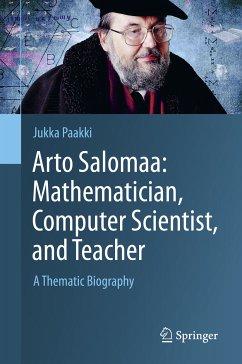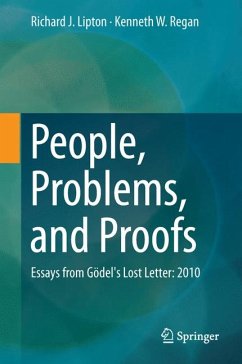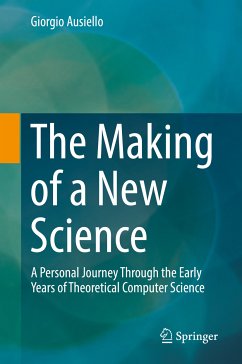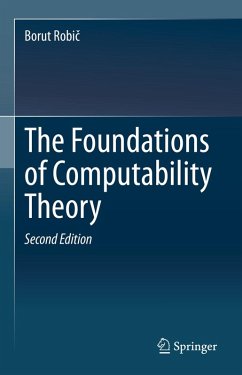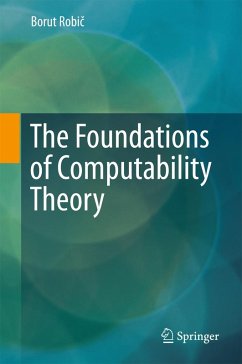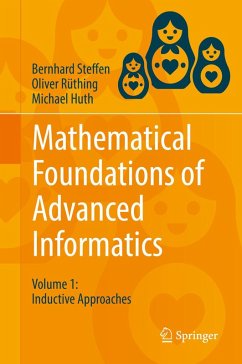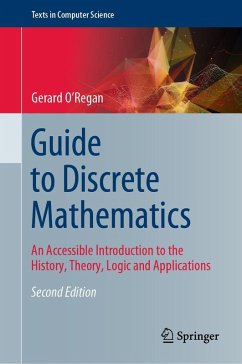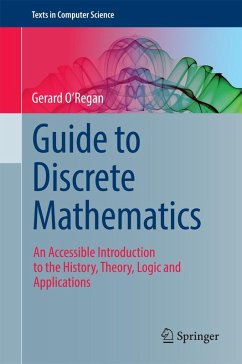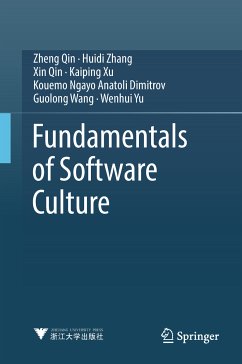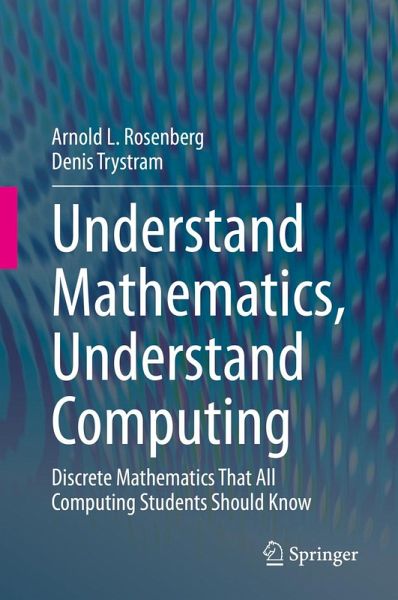
Understand Mathematics, Understand Computing (eBook, PDF)
Discrete Mathematics That All Computing Students Should Know
Versandkostenfrei!
Sofort per Download lieferbar
48,95 €
inkl. MwSt.
Weitere Ausgaben:

PAYBACK Punkte
24 °P sammeln!
In this book the authors aim to endow the reader with an operational, conceptual, and methodological understanding of the discrete mathematics that can be used to study, understand, and perform computing. They want the reader to understand the elements of computing, rather than just know them. The basic topics are presented in a way that encourages readers to develop their personal way of thinking about mathematics. Many topics are developed at several levels, in a single voice, with sample applications from within the world of computing. Extensive historical and cultural asides emphasize the ...
In this book the authors aim to endow the reader with an operational, conceptual, and methodological understanding of the discrete mathematics that can be used to study, understand, and perform computing. They want the reader to understand the elements of computing, rather than just know them. The basic topics are presented in a way that encourages readers to develop their personal way of thinking about mathematics. Many topics are developed at several levels, in a single voice, with sample applications from within the world of computing. Extensive historical and cultural asides emphasize the human side of mathematics and mathematicians.
By means of lessons and exercises on "doing" mathematics, the book prepares interested readers to develop new concepts and invent new techniques and technologies that will enhance all aspects of computing. The book will be of value to students, scientists, and engineers engaged in the design and use of computing systems, and to scholars and practitioners beyond these technical fields who want to learn and apply novel computational ideas.
Dieser Download kann aus rechtlichen Gründen nur mit Rechnungsadresse in A, B, BG, CY, CZ, D, DK, EW, E, FIN, F, GR, HR, H, IRL, I, LT, L, LR, M, NL, PL, P, R, S, SLO, SK ausgeliefert werden.



